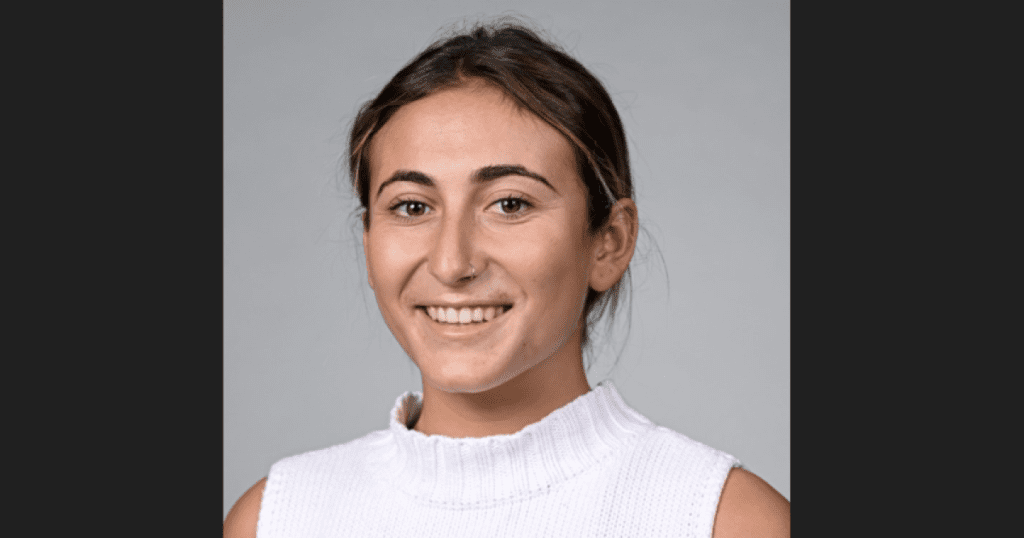Nikolai Mather: Talulah — thank you so much for joining us. So Lead for North Carolina fellows are like young people with backgrounds in political science and government who are paired with municipalities and counties across North Carolina. But how exactly are you supporting rural communities?
Talulah Dechev: What we are seeing today is a situation in which young people living in rural areas move to big cities as soon as they have the opportunity. This is a trend we've seen: go where the opportunity is.
Not only will it create an aging generation, but the new ideas and initiatives that younger generations had will disappear when they retire. So Lead for North Carolina is all about these initiatives and bringing young people back to rural communities. Because young minds are so vital and vital to our communities.
NM: Of course. You're one of those people, and you started working in Columbus County last year. What do you think?
TD: I think Columbus County has more community activity than I've ever seen in my life.I was very nervous moving here as a vegan. [New] Jersey plate. When I walked into the office, it felt like I was literally welcomed with open arms. I work with some of the nicest and friendliest people. And even though we don't come from the same upbringing or the same background, perhaps some of our values are different. Like when we're all working towards a common goal of trying to make our community better…sort of. To fall into place.
NM: Absolutely. I think there was probably some culture shock as well, right?
TD: I realized it was almost like an amenity. I didn't have to think twice about drinking water from the tap. But you know, there are homes that literally don't have clean water coming out of the tap.
NM: Yes. You worked on this plan to help 2,000 households improve water quality. Please tell me about it.
TD: Well, my role on this project was a little more behind-the-scenes research. After obtaining a project cost estimate from Green Engineering and applying for several grants, the total project cost was still over $30 million.
NM: 30 million dollars?!
Well, it's going to be harder for rural communities on the force support list to get things like loans, but it comes at a huge cost.
Fortunately, I think in 2017, the General Assembly passed legislation that would allow agencies to charge a one-time system development fee. I won't go too deep into that. This is like a one-time fee for him, which the user can pay. And when you use county water, that money goes toward water infrastructure.
NM: So we can get clean water. Interestingly, while you might think that these solutions would be very exciting and dramatic, they seem to be more akin to legal research or talking to experts, and not necessarily boring. , it's not fancy either.
TD: Yes, that's right. I was working on inspecting his mobile home park, and at first it didn't seem like a very exciting job. But even if baseboards are missing under the mobile home, there are abandoned units, or trash from the mobile home park owner has accumulated, it's still possible to assert tenant rights. It really meant a lot to me because I was able to do it.
I think it's very important to advocate for that on behalf of tenants. And it's kind of a little bit of a check on the owners to make sure they're doing things right.
NM: Of course. Talulah, do you have any advice for young people interested in local government?
TD: I say go out and try it. The government needs your talent and help, especially the young generation. Go back to your hometown, stay there for a few years and help out. Give back to the community that raised you.

